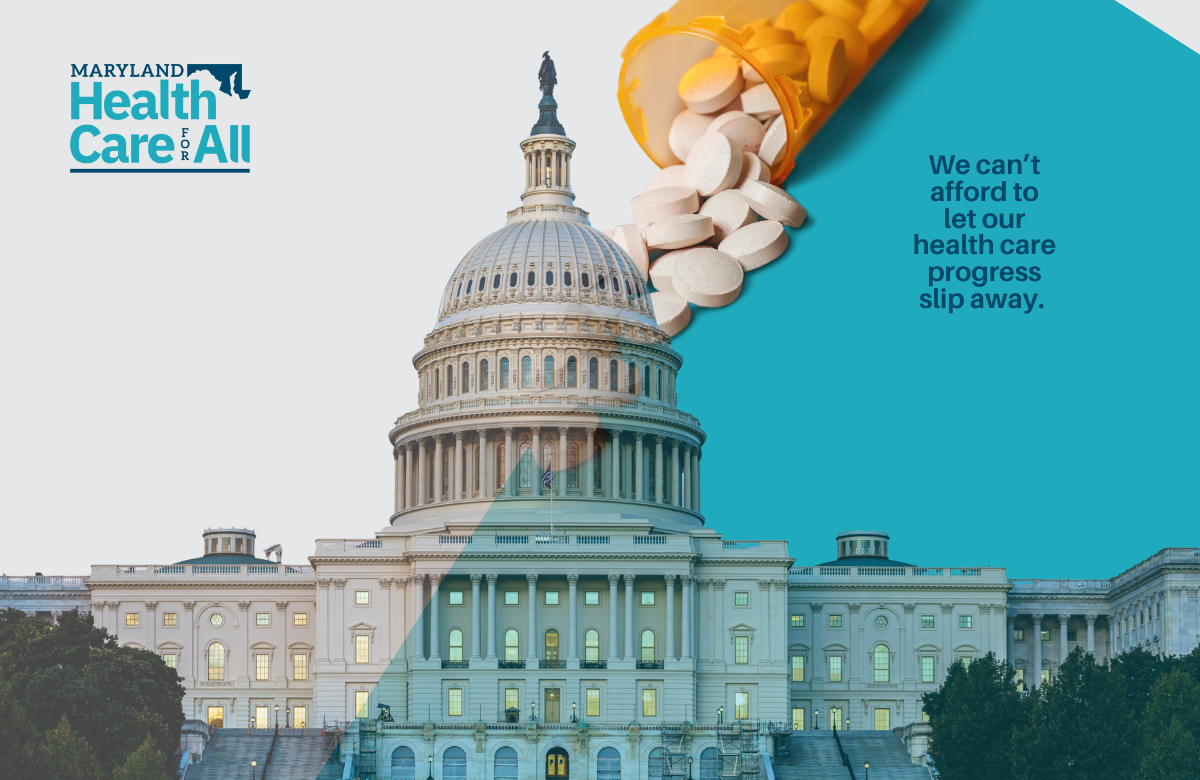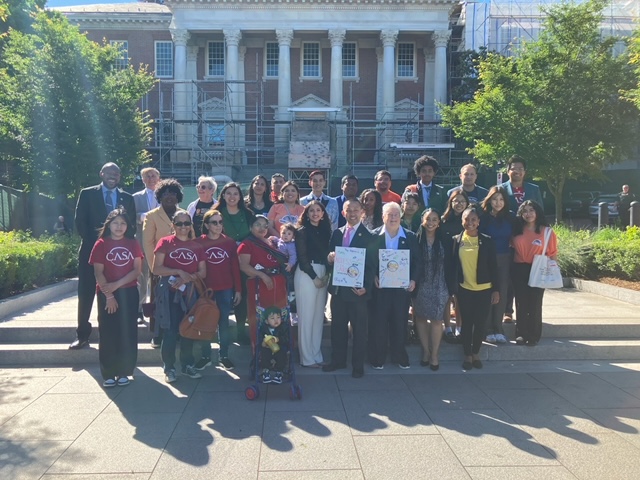The Baltimore Sun
March 27, 2017
Meredith Cohn
Alcohol-related crashes where people were killed or hurt dropped by an annual rate of 6 percent after the state raised the alcohol sales tax in 2011, according to a University of Maryland-led study to be released Monday.
The decline, which was even higher for younger drivers, was more significant than researchers expected from the tax hike.
“If there was no tax we would have seen the rate go down but not to that level,” said Marie-Claude Lavoie, an epidemiologist in the University of Maryland’s department of epidemiology and public health and the study’s lead author. “The rate was already declining, but we saw declines larger than expected, much larger among young drivers.”
While the annual rate of decline in harmful accidents was 6 percent for all alcohol impaired drivers, it was 12 percent for drivers age 15 to 34. The researchers believe this may be because younger drivers are more price sensitive.
There were no changes for drivers age 35 to 54, and the rate for drivers older than 55 went up almost 5 percent after the tax.
Lavoie said most states pass excise taxes that raise prices on alcohol volume, but Maryland raised the sales tax to 9 percent from 6 percent. Sales taxes may make customers more aware of the price increase because they are added at the register, she said.
It’s not clear if declines would continue to drop if the tax were raised again, something that could be on the minds of lawmakers or policy makers concerned about federal budget cutbacks. The sales tax increase has raised about $70 million a year for health and education programs.
There are no plans to seek another tax, said Vincent DeMarco, president of Maryland Citizens’ Health Initiative, which pushed for the increase foremost as a means of cutting underage drinking and drunk driving. He said other states may be interested in the findings.
The study, published in the American Journal of Preventive Medicine, will be released later today at a press conference sponsored by DeMarco’s advocacy group and hosted by AARP Maryland.
“It’s very very important that the public know that public health policies like this work,” DeMarco said. “There was so much cynicism… Our main interest was knowing that something very controversial was actually a public health success.”
At the time, opponents said a tax increase would be bad for businesses and still may not raise as much money as supporters projected.
J.T. Griffin, chief government affairs officer with Mothers Against Drunk Driving, said he can’t recall another state raising alcohol taxes in recent years but older research backs the Maryland study’s findings when it comes to fatalities.
He also said there was a general downward trend nationally during the same time but he didn’t believe it was as much as in Maryland.
Griffin noted, however, that fatalities increased nationally in 2015 and 2016, a reversal which may be attributed to an improved economy in which people drove more and had more disposable income. The Maryland researchers, who took into account other influences such as enforcement, did not evaluate data from the past three years, so it’s unclear if the benefits of the tax waned.
MADD hasn’t advocated for new taxes to stem drunk driving, which remains responsible for a third of all traffic deaths. The group instead has been pursuing ignition locks that prevent some convicted drunk drivers from starting their cars if they have been drinking. Maryland joined 27 other states and Washington, D.C., in passing such a law last year.
“This is our big priority now,” said Griffin, though, he added, if there is support for new taxes, “they could be a tool in the tool box.”
Last modified: March 27, 2017




